Oil and gas execs have hooked investors and consumers for years. Two new lawsuits brought forth by Minnesota and D.C. add to the growing body of lawsuits targeting Big Oil and its deliberate suppression of information. The cases reveal yet another example of environmental degradation and injustice hiding behind the veil of alluring oil profits.
Breaking down oil lawsuits
Minnesota Attorney General Keith Ellison is suing Exxon Mobil Corporation, Koch Industries and the American Petroleum Institute for allegedly violating Minnesota laws against consumer fraud, deceptive trade practices and false advertising.
The lawsuit claims that oil and gas companies were aware of the environmental and health effects of their products as far back as the 1970s and 80s, but launched a “campaign of deception” (as the lawsuit states).
Among the evidence is an ExxonMobil memo from October 16, 1979 stating “the rate of CO2 release from anthropogenic sources appears to be doubling every 15 years. The most widely held theory is that: the increase is due to fossil fuel combustion. The present trend of fossil fuel consumption will cause dramatic environmental effects before the year 2050.”
The lawsuit also highlights the injustices caused by global warming, stating “warming will continue with devastating economic and public-health consequences across the state and, in particular, disproportionately impact people living in poverty and people of color.”
For example, Ellison told NPR how the White Earth Nation of Ojibwe’s rice production is severely impacted. Rice is a sacred and integral crop to the nation, according to an environmentalist.
Washington D.C. Attorney General Karl Racine similarly is suing ExxonMobil, Chevron, BP and Shell for “systematically and intentionally misl[eading] consumers in Washington, DC about the central role their products play in causing climate change.” Racine claims that these oil companies violated Washington D.C.’s Consumer Protection Procedures Act.
Other lawsuits against Big Oil
Recent lawsuits demanding environmental action have been unsuccessful. In Juliana v. United States, the plaintiffs alleged that the United States violated constitutional rights with its inaction on climate change. The Ninth Circuit Court of Appeals threw out the case and concluded that the issue of climate change, though pressing, ought to be addressed legislatively rather than judicially.
In 2019, a New York judge ruled in favor of ExxonMobil in a securities fraud case. The AG claimed ExxonMobil had defrauded investors, but could not prove ExxonMobil had made false claims that could influence reasonable investors when buying and selling company stock. While the judge did not dispute Big Oil’s role in causing climate change, he ruled the AG did not have a securities fraud case against the company.
Some work, some don’t
Big Oil companies often try to appeal cases to federal courts where judges are more likely to throw out the cases, as rulings in favor of the plaintiffs are beyond the scope of federal judges. In 2018, a U.S. District Court threw out San Francisco and Oakland’s lawsuit against BP, Chevron, ConocoPhillips, ExxonMobil and Shell that alleged the companies created a “public nuisance” as their products contributed to climate change.
The cities sought damages to pay for climate change adaptation projects. The judge ruled that the lawsuit was asking the federal court to dictate energy policy as a ruling against Big Oil would cause a cascade of lawsuits that would crush the petroleum industry – a consequence beyond a court’s scope.
However, in a turn of events in May 2020, the 9th U.S. Circuit Court of Appeals ruled that Oakland, San Francisco, and other entities’ public nuisance lawsuits against Big Oil companies belong in state courts where they were originally filed, not federal courts. Oakland and San Francisco’s lawsuit specifically will return to the District Court. Without adequate justification for federal jurisdiction, the suit will proceed in a state court where California’s cities and counties have a greater chance of winning.
A closer look at Minnesota and D.C. cases
Minnesota and Washington D.C.’s lawsuits closely resemble Massachusetts’ ongoing lawsuit against ExxonMobil that alleges the oil giant violated the state’s consumer and investor protection law and regulations to mislead consumers about the key role of fossil fuels in causing climate change. Recently, a U.S. District Judge denied ExxonMobil’s argument that the case should be tried in a federal court and kept the case in a state court.
Unlike New York’s case, by alleging consumer fraud, Minnesota, Washington D.C. and Massachusetts have a greater chance of success as their cases closely resemble lawsuits against Big Tobacco in the 1990s. In fact, Minnesota was the first state to sue Big Tobacco and won $6.5 billion in 1998.
In that lawsuit, Minnesota claimed Big Tobacco misled the public about the dangers of smoking and suppressed evidence. With the clear similarities between these cases, there is hope for similar verdicts. A win for states and cities could suspend Big Oil’s misleading advertising campaigns and include heavy penalties (maybe even $6.5 billion!) that could fund climate change resiliency programs.
While it is hard to predict what will happen next, if the cases against Big Tobacco are any indication, Big Oil, the once insurmountable giant, now faces an existential threat.
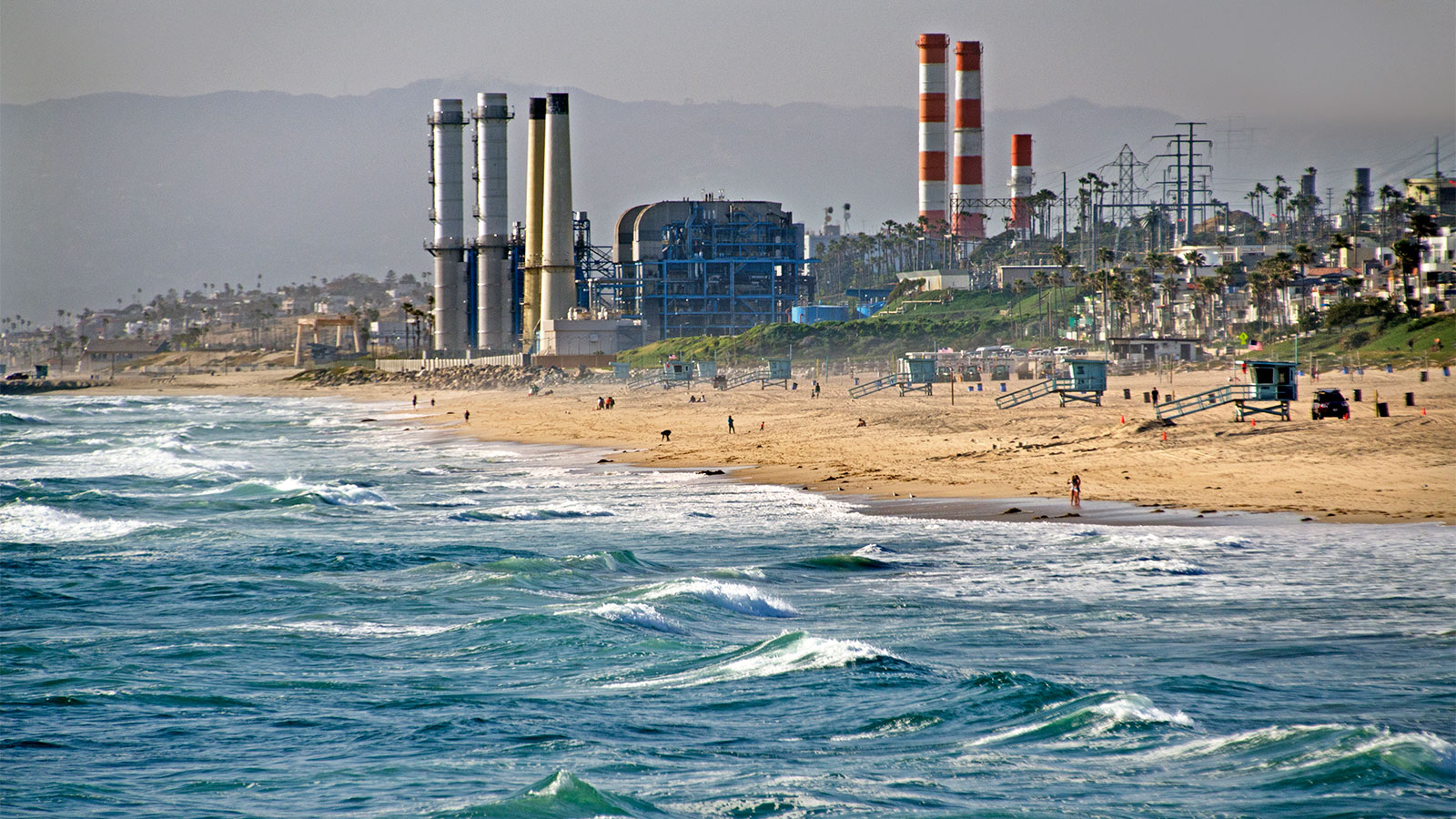
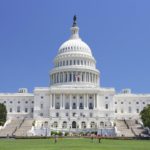
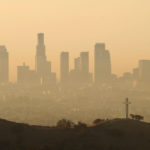

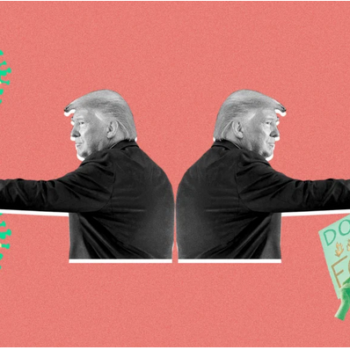
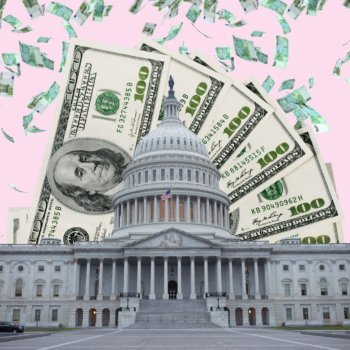


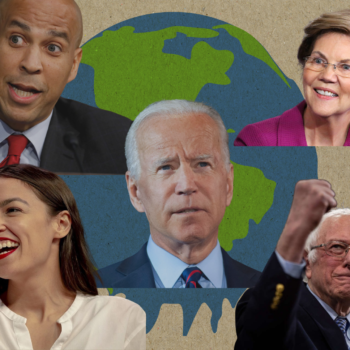




No Comments